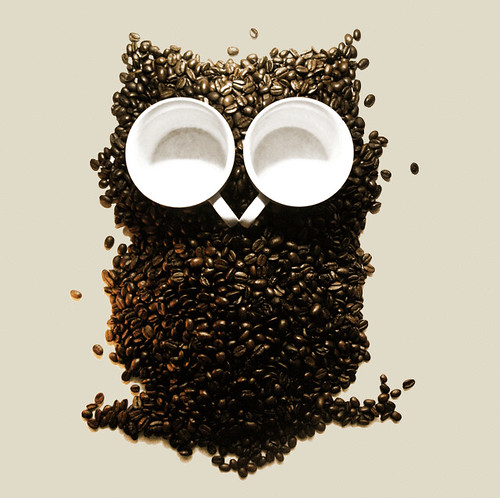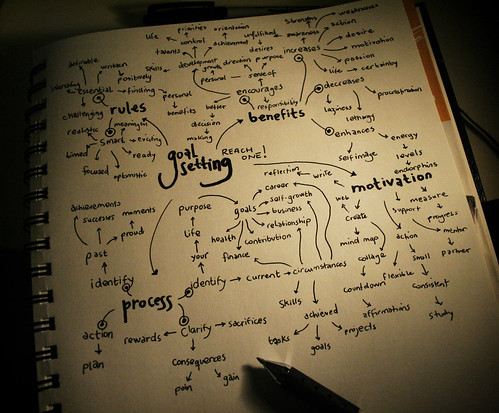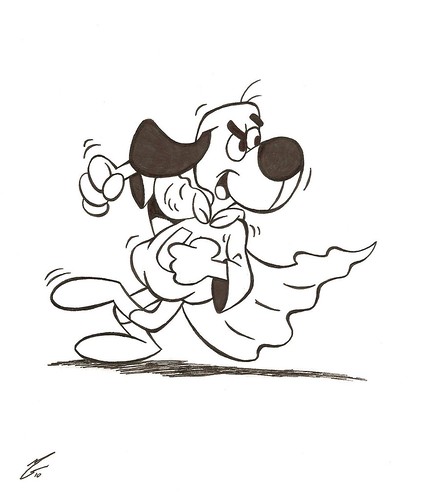Night Owls vs. Morning People: Here’s Who Comes Out Ahead
eir personalities are definitely different: ...morning types are attracted to concrete information rather than abstract thinking and like to rely on logic rather than intuition. They tend to be introverted, self-controlled, and eager to make a good impression on others. In contrast, evening types have a far more creative outlook on life, are more prepared to take risks, are more independent and nonconforming, and are a little impulsive. Night owls are smarter. And male night owls do better with the…
1 min read
Here’s The Secret To Amazing Naps
re are 5 ways to improve your naps: If you're a morning person, the best time to nap is around 1 or 1:30PM. If you're a night owl, nap later, around 2:30 or 3PM. The best naps are under 45 mins or 90-120 mins. Anything in between is likely to give you that groggy feeling. Naps don't mean you're lazy: A NASA study showed that in-flight naps improved subsequent performance by 34% and overall alertness by 54%. To make sure…
1 min read
The 3 Techniques The US Army Uses To Instill Mental Toughness
a Annie Murphy Paul's very interesting article in Time: 1) "Mental toughness comes from thinking like an optimist." The program’s key message: Mental toughness comes from thinking like an optimist. “People who don’t give up have a habit of interpreting setbacks as temporary, local and changeable,” notes Penn psychology professor Martin Seligman, describing the intervention in a recent journal article. When such individuals encounter adversity, they think to themselves: “It’s going away quickly; it’s just this one situation, and I…
1 min read
How To Stay Motivated With Difficult Goals, Backed By Research
u can measure progress by how much you've completed or how much you have left to do. Research says you'll be more motivated if you focus on whichever of those two is smaller: Via Eurekalert: "We predict that individuals will express greater motivation to pursue actions when they focus on whichever is smaller in size—the area of their completed actions or of their remaining actions—because motivation increases with the perceived impact of each new step, and each new step will…
1 min read
Does facing off against rivals increase your performance?
vals do increase performance -- but they also make us more likely to cheat. Via The Boston Globe: Then, analyzing three years of race data, he objectively identified rivals, by finding which runners frequently competed, finished close together, and shared certain basic demographic similarities. Then he analyzed an additional three years of data — including 1,263 road races for 82 runners. When runners raced against one or more rivals, he found, they sped up — increasing their average speed by five seconds per kilometer.…
2 minutes
How can you learn to speed-read without decreasing comprehension?
u can't. Via 50 Great Myths of Popular Psychology: Shattering Widespread Misconceptions about Human Behavior: Equally popular are speed reading courses, many of which promise to increase people’s reading speeds from a mere 100 or 200 words per minute to 10,000 or even 25,000 words per minute (Carroll, 2003). Yet researchers have found that none of these courses boost people’s reading speeds with out decreasing their reading comprehension (Carver, 1987). What’s more, most of the reading speeds advertised by these…
1 min read
Does being an underdog make you more motivated than the competition?
. Via Your Pinkie Is More Powerful Than Your Thumb: And 333 Other Surprising Facts That Will Make You Wealthier, Healthier and Smarter Than Everyone Else: The favorites, it turns out, try 30 percent harder when they face underdogs, a new study shows. Favorites try harder because they have more to lose, and they fear the humiliation of losing to teams they should beat. The results of the study contradict the common belief that underdogs have more motivation than their…
1 min read
Is giving time away the best way to deal with having no free time?
unterintuitively, spending time on others makes us feel less time-constrained. Four experiments reveal a counterintuitive solution to the common problem of feeling that one does not have enough time: giving some of it away. Although people's objective amount of time cannot be increased (there are only 24 hours in a day), this research demonstrates that people's subjective sense of time affluence can be increased: compared with wasting time, spending time on oneself, and even gaining a windfall of "free" time,…
1 min read







